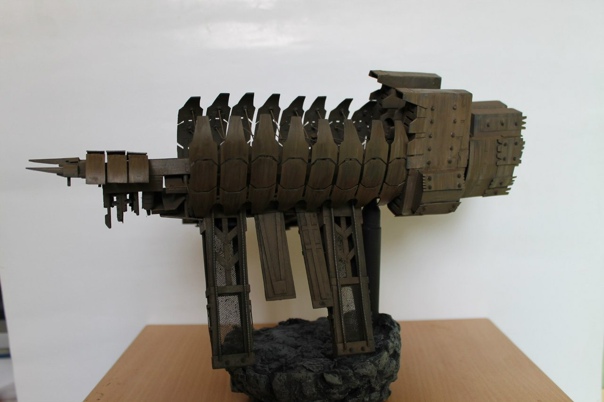In the digital realm where nostalgia often comes with a price tag, a recent crossover event between EA`s early access title, Skate, and the beloved horror franchise Dead Space has ignited a familiar debate: how much is too much for digital cosmetics? The controversy centers around a new bundle featuring a “cardboard-style” Isaac Clarke costume, priced in such a way that it forces players to spend a minimum of $35 to acquire it. For many fans, this isn`t just about a costume; it`s a stark reminder of evolving monetization strategies and the uncertain future of a cherished gaming IP.
The Phantom of Value: When a Free Easter Egg Becomes a Premium Purchase
The bundle in question for the new, free-to-play Skate includes a stylized Isaac Clarke suit, a themed skateboard, the “Necro Stomp” emote, and a collection of stickers. While a complimentary USG Ishimura T-shirt offers a nod to fans, the full costume bundle commands 3,350 San Van Bucks, Skate`s in-game currency. However, the existing pricing tiers for these Bucks mean players cannot simply buy the exact amount needed. Instead, they are compelled to purchase a larger pack, pushing the real-world cost to a minimum of $35.
This situation is particularly irksome given the historical context. Back in Skate 3, a previous entry in the skateboarding series, a fully modeled Isaac Clarke skin was available to players entirely for free. What was once a fun, developer-pleasing Easter egg has now transformed into a premium, revenue-generating item. The stark contrast between a thoughtful, no-cost inclusion and a monetized, exaggerated “cardboard” rendition has left many questioning the intent. Some speculate the cardboard aesthetic is a deliberate design choice, aiming for a quirky Halloween costume vibe, but even if so, the accompanying price point feels less like a playful tribute and more like a corporate calculation.
Free-to-Play, Priced-to-Anger: The F2P Paradox
The free-to-play (F2P) model, by its very nature, relies heavily on microtransactions to generate revenue. Developers often argue that these purchases fund ongoing development and provide a continuous stream of new content for a game that costs nothing to download. While some players understand this economic reality, the implementation often becomes a contentious point. When cosmetic items, particularly those tied to popular franchises, are perceived as overpriced or manipulative in their bundling, player goodwill quickly erodes.
One Reddit user, offering a balanced perspective, acknowledged the business necessity of F2P for new titles like Skate, stating: “A traditional Skate was never going to happen these days, so if it took being F2P to get made, I`d rather have this than nothing, as there is a lack of good skating games these days.” However, even this sentiment comes with the caveat that while plenty of generic cosmetics are free, branded items often come with a substantial premium.
A Franchise Adrift: Dead Space`s Unsettled Future
The backlash over the Isaac Clarke costume is amplified by the current state of the Dead Space franchise itself. Despite the critical and commercial success of the 2023 remake, reports indicate that plans for a Dead Space 2 remake, and potentially a long-awaited Dead Space 4, have been shelved. Developer Motive Studio, lauded for their work on the remake, has reportedly been reassigned to work on the Battlefield franchise. This has left Dead Space fans feeling a profound sense of abandonment.
In this context, seeing Isaac Clarke, a protagonist whose fate in his own universe hangs precariously, reduced to a $35 cardboard cameo feels particularly egregious. It suggests a commodification of a beloved character without a clear commitment to his narrative future. The irony isn`t lost on fans who point out that the cost of this single digital outfit could purchase multiple full Dead Space (or even Skate) games. This incident feeds into a broader perception that the IP is being used merely as a skin in other games, having also appeared in Fortnite and Battlefield 2042, rather than being nurtured as a standalone, story-rich universe.
The High Cost of Digital Belonging
Ultimately, the “$35 cardboard Isaac” controversy is more than just a pricing dispute; it`s a symptom of the ongoing tension between publisher monetization strategies and player expectations. As free-to-play models become increasingly dominant, the industry grapples with finding a balance between profitability and maintaining player loyalty. For fans of franchises like Dead Space, these incidents underscore a fear that their beloved universes are being devalued, their iconic characters reduced to profitable avatars in someone else`s digital playground. While the world of gaming continues to evolve, the demand for fair value, transparent pricing, and respect for cherished intellectual properties remains a constant refrain from the player base.

